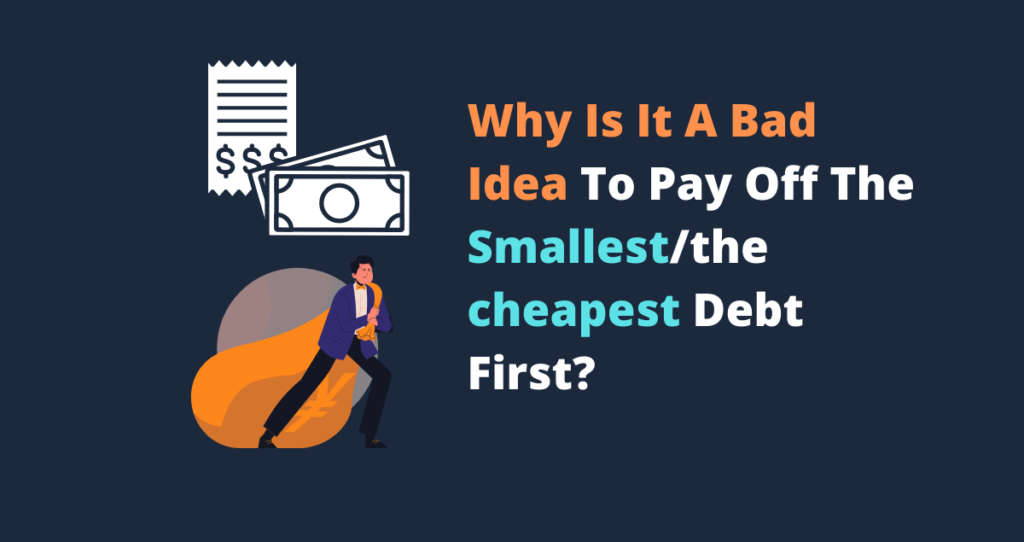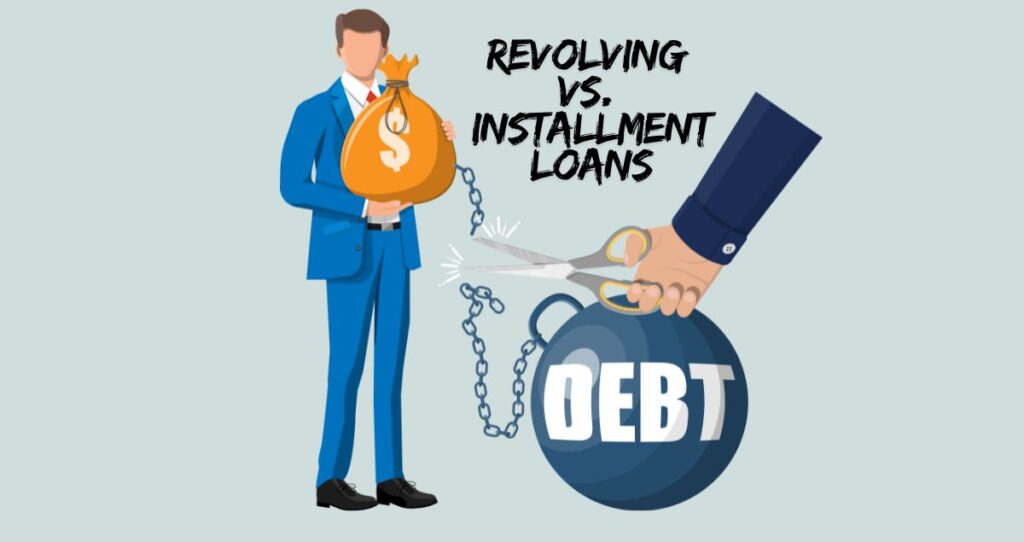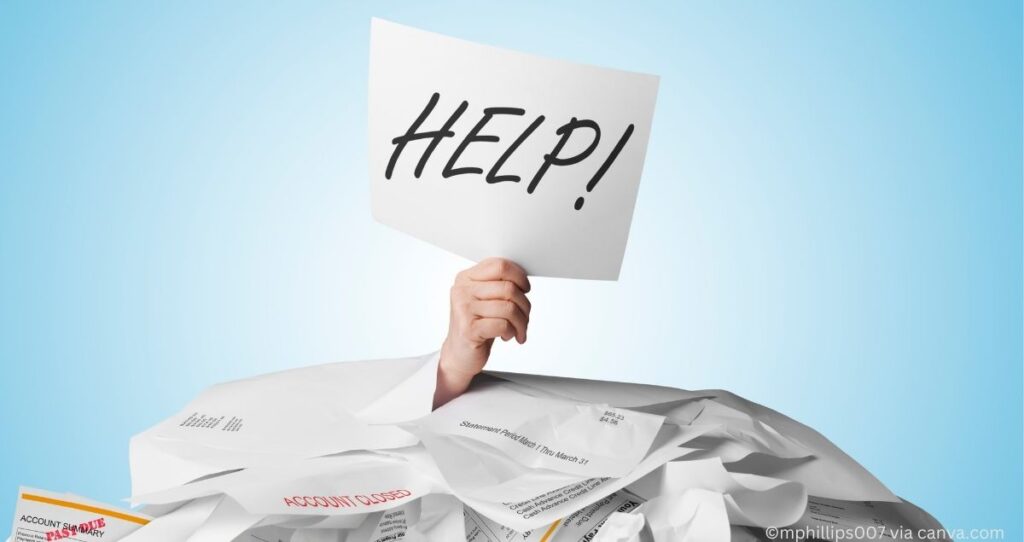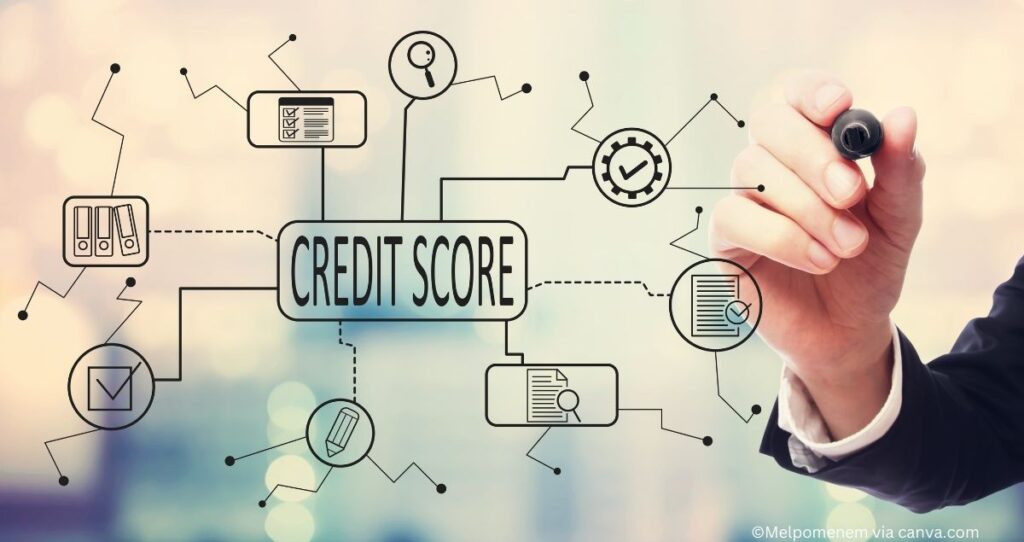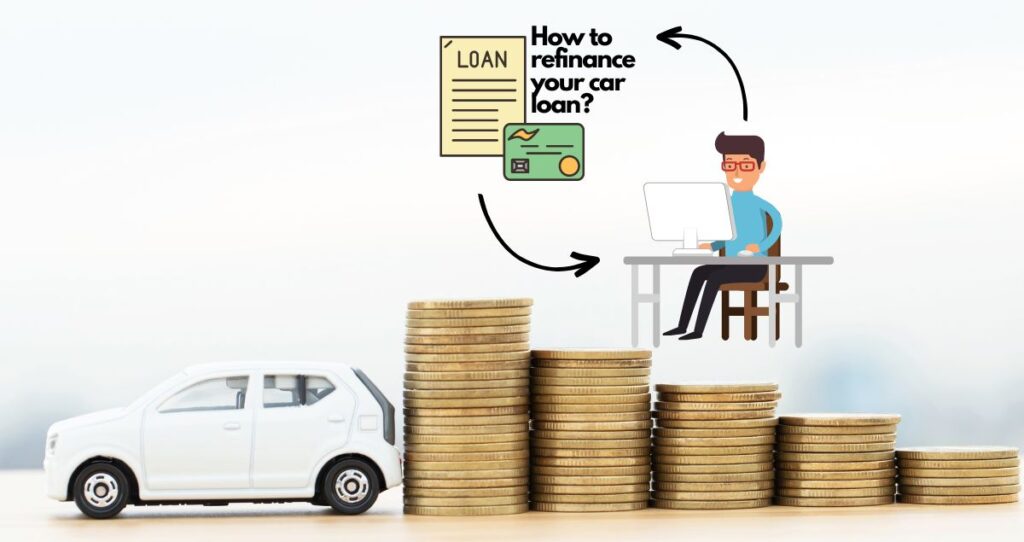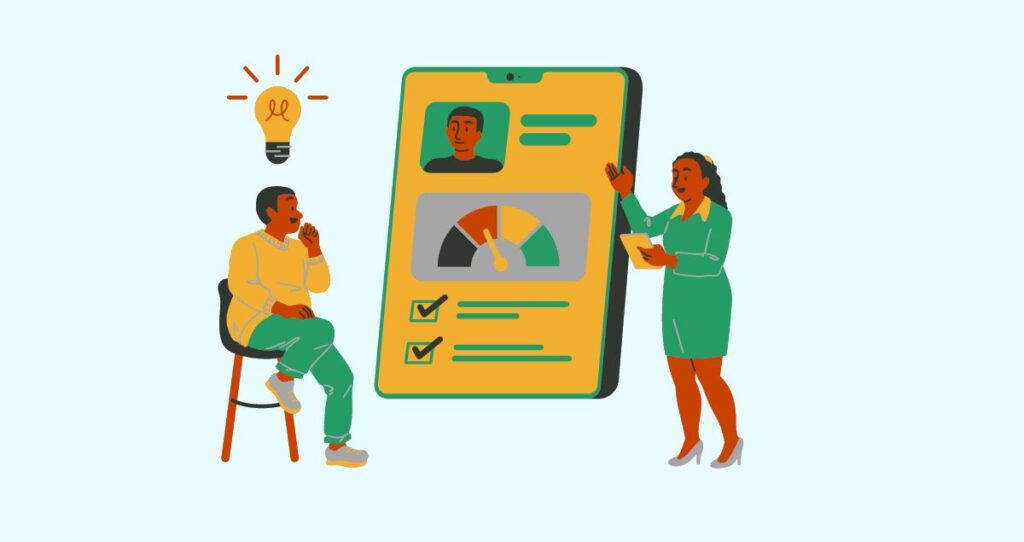Before you can be approved for a loan or other credit accounts, the lender will first need to check your credit history. If you don’t have a good credit history or have no history at all, you will not qualify for many credit accounts such as credit cards, loans, and mortgages. Lenders will have nothing to help them estimate your creditworthiness. As a result, they will deny you credit and work with borrowers who have an established credit history. This is because the lending industry relies on risk assessment. The less risky a borrower is, the easier it will be to qualify for credit. This article will walk you through ways to build credit without a credit history.
If you don’t have a credit history, you will need to build credit first before you can apply for many financial products. For example, if you want to buy a house, you will need at least a 620 credit score for a conventional mortgage. But, you cannot have that credit score if you are new to credit. The question is how can you build credit without a credit history? This article will show you exactly how you can build your credit from nothing.
Key takeaways
- Becoming an authorized user of a credit card is one of the fastest and safest ways to build credit without a credit history.
- Secured credit cards are another effective way to build credit from scratch. By requiring a deposit, these credit cards offset the risk lenders take on people with no credit history or thin credit files.
- Have your utility, phone bills, and rent payments submitted to credit reporting agencies(Equifax, TransUnion, and Experian). Even if your rent is not a loan, having an excellent rent payment history on your credit reports shows that you are financially responsible and you pay your bills on time.
- Use credit builder loans. Since it is harder to qualify for normal loans without an established credit history, consider using credit builder loans. These loans are designed for people with bad credit or those who are new to credit.
- Starter credit cards are also an effective way to get started with your credit-building journey.
In order to build your credit, you will need to have access to credit accounts. Since the lack of credit history will lead to the denial of most of your credit applications, you must rely on specific accounts and products designed for building credit. There are many products and accounts on the market that can help you build your credit history from scratch.
What is credit history?
Your credit history is your historical performance with credit accounts. That is all loans, mortgages, and similar financial products you had will be part of your credit history. In addition, any activities related to these accounts such as payment history, credit utilization, age of your credit, bankruptcies, foreclosure, evictions, charge-offs, collections, etc., will all be part of your credit history. With this information on your credit reports, lenders can easily determine how risky it is to lend you money. In addition, activities on your accounts help you build your credit score and have an established credit profile.
Things become harder when you are trying to borrow money without a credit history. Lenders cannot know whether or not you make your payments on time when you never borrowed money before. That is why most of your loan applications will be denied.
The good news is that there are accounts and financial products that can help you build credit without a credit history. These products let you build your credit one step at a time until you have built enough credit history to qualify for any financial product. This article has all details on how you can build credit with no credit history.
So, let’s get started.
One of the safest and fastest ways to build credit without a credit history is to become an authorized user of a credit card. Not only that you get to build your credit, but you also benefit from the good credit history of the original account owner.
So, what is an authorized user of a credit card? An authorized user of a credit card is a person who gets added to an existing credit card account. This setup allows you to have a credit card tied to an account that belongs to someone else. Most credit card issuers report authorized user activities to credit reporting agencies(Equifax, TransUnion, Experian). In case your activities are reported to major reporting bureaus, you will build credit without having a credit account of your own.
One of the benefits of becoming an authorized user of a credit card is that you are not responsible for any activity on the account. In addition, you can easily benefit from the owner’s activity and the credit history they have built on the account. To keep you and the account owner in good financial standing, make your payments on time and avoid questionable activity with your credit card.
To maximize the benefits of being an authorized user, make sure that you pick someone with a good credit score and solid credit history.
2. Get a secured credit card
A secured credit card is like any other consumer credit card. The functionality, payments, and activities on the card are similar for both cards. The only difference is that secured credit cards require a deposit before opening an account. Your deposit acts as collateral if you fail to pay off your credit card bills.
Why is a secured credit card necessary when you are building credit without a credit history? The term secured means that you give the credit card issuer upfront cash as a guarantee that you will make your payments. Because of that deposit, many lenders approve you for the card even if you don’t have a credit history. In other words, your deposit minimizes the risks your card issuer is taking by extending credit to you. The lower the risk on the card issuer’s side, the easier it is to approve you for the card.
Some credit card issuers also minimize their risks on secured credit cards by extending to you a credit limit equal to your deposit. The secured credit card will allow you to build credit in no time. The risk on your side will also be minimal since your credit limit will be low.
3. Have your utility and phone bills payments reported to major credit reporting agencies
Building solid credit requires that you take advantage of every resource at your disposal. Lenders care about your credit history because it helps them evaluate your creditworthiness. The longer you had credit accounts and behaved well, the more likely you will continue to do so in the future.
If you have been paying off your bills on time, avoiding excessing borrowing, and respecting the terms of your credit accounts, you will more likely do the same on future loans. If you never had a credit account before, you pretty much have a thin credit file. Meaning that you have little to no information on your credit reports.
The good news is that there are accounts that you currently have that can help you build credit with no credit history. For example, a fast way to have something on your credit reports is to have your monthly rent payments, utility, and phone bills submitted to credit reporting agencies. Having this information on your credit reports will not boost your credit score by a lot of points. But, what you need in this case, is to earn trust from creditors so that you can qualify for credit. This will also help you improve your credit reports. Having something on your credit reports is better than having nothing.
With no late payments on your accounts or evictions, it might open up a window of opportunity to qualify for some forms of loans. Paying off your bills on time is one of the most important factors lenders use when assessing the risk you pose. The payment history alone accounts for 35% of your FICO score and 40% of VantageScore. So, the more you pay your bills on time, the faster you will build good credit.
4. Get a credit builder loan
Credit builder loans are a great option for people who want to build credit without a credit history. These loans come in many sizes and forms and can help you establish the credit you need much faster. Some lenders do not conduct a security check for credit builder loans. As a result, credit builder loans might be better options than secured credit cards or other forms of accounts for people with no credit history.
In addition, you might land a much lower interest rate compared to what you could qualify for on secured credit cards. For this reason, people with no credit history or those with bad credit find credit builder loans more appealing to them.
5. Use a co-signer
Having no credit history does not mean you will never qualify for credit. It simply means that most lenders will deny you credit. What some lenders do when you want to build credit without a credit history is to require a loan co-signer.
A co-signer will vouch for you in an effort to help you qualify for the loan. At the same time, if you fail to make necessary payments, the co-signer will be liable for the outstanding balances on your account depending on the terms of the contract. For this reason, if you are looking for a co-signer make sure that you pick someone who is financially responsible with a good credit history. You should also pay necessary payments on time to avoid hurting your credit before you even build it.
As you use your credit accounts and make your monthly payments, you will be building credit. Eventually, you will build enough credit history and qualify for a loan by yourself without the need for a co-signer.
6. Get a starter credit card
Another tip you can use to build credit without a credit history is to use starter credit cards. When building your credit, you sometimes have to start from the lowest point possible. At the end of the day, you cannot qualify for most loan products such as car loans or mortgages without good credit. To qualify for these products, you need a solid credit history, a stable income, a good credit score, etc.
For this reason, you should look for financial products designed specifically for people who have less to no credit history. One of those such products is starter credit cards.
A starter credit card is s credit card designed for people who have a low credit history or zero credit experience. In other words, you are straight out of the woods and you need credit. These credit cards come with simple reward structures, and fewer benefits and features. Some credit card issuers also do not check your credit before they approve you for a starter credit card.
For example, most college students never had credit before. This does not mean they are bad with credit. A lack of experience is not the same as being bad at something. That is why there are student credit cards that come with a low credit limit usually under $1,000. As you use these credit cards, you get to build the needed credit history and later qualify for better credit cards or other financial products such as loans and mortgages.

